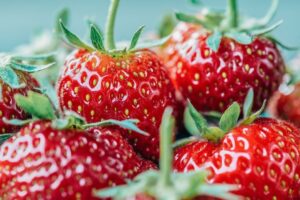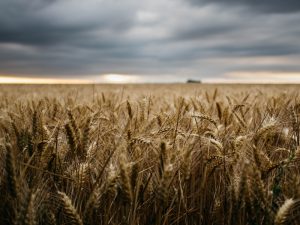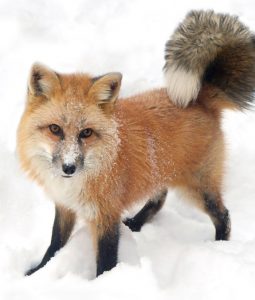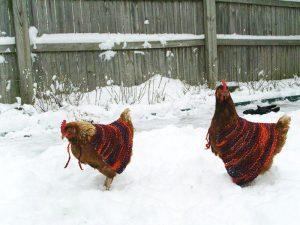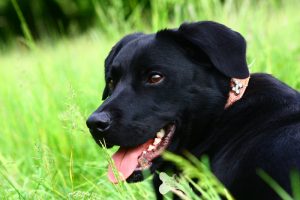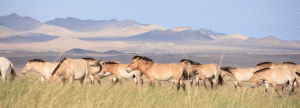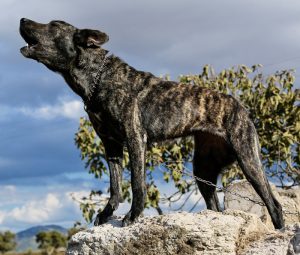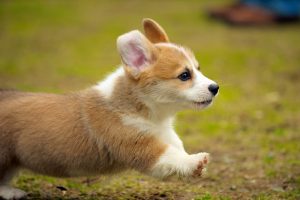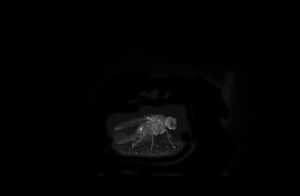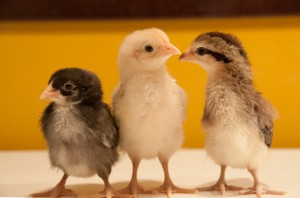Enter your address to receive notifications about new posts to your email.
Articles tagged Domestication
(17 results)
-
Strawberry detectives retrace family roots
Geneticists dig up the dirt on 300 years of succulence. When Steve Knapp started his new job at the University of California, Davis, he plunged into a forensic mystery that would take years to unravel. He wasn’t hunting a criminal or identifying a missing person, but the challenge before him was just as formidable: reconstructing…
-
New wheat variety makes lofty loaves
Crop properties improved by point mutation in microRNA binding domain of Q gene. Humans have been cultivating wheat for ten thousand years, transforming it from an unruly grass into a useful crop highly adapted to our needs. But even after millennia, there are still new avenues for improving this staple food. A new type of…
-
The fox and the cranium
Although foxes look cuddly, these wild animals are equipped with sharp bites—and temperaments to match. Fear not, however, if you’re dying to get close to theses fluffy foxes: a nearly 60-year-old experiment has produced a line of them that are friendly enough to pet. The process of creating these tame foxes mirrors the way…
-
Hot wings and snow birds: Extreme temperature adaptation in domestic chickens
Humans built the modern world with the help of domestic plants and animals. A byproduct of our many domestication experiments is a series of excellent long-term controlled evolutionary comparisons that are helping geneticists understand adaptation. In a study published in the May issue of G3, Fleming et al. identify genomic regions under natural selection in…
-
Fido won’t fetch? Maybe it’s his pedigree
Whether a thunderclap drives your dog to cower behind the couch or leaves it unfazed may be determined in part by genetics. In the June issue of GENETICS, Ilska et al. analyze genetic contributors to canine personality traits—such as fear of loud noises—using owners’ reports of their pets’ behavior. The researchers chose this survey-based method…
-
The Genetic History of Horses
Like any revolutionary technology, domestic horses changed human society. The incredible speed and strength of these animals opened up new opportunities to spread trade, language, and culture. For thousands of years, horses have been helping build human society by pulling wagons and plows and carrying soldiers and travelers on their backs. Horse husbandry changed humanity,…
-
Genome of fiercely protective Fonni’s Dog reflects human history of Sardinia
A genomic analysis of 28 dog breeds has traced the genetic history of the remarkable Fonni’s Dog, a herd guardian endemic to the Mediterranean island of Sardinia. The results, published in this month’s issue of GENETICS, reveal that the regional variety has developed into a true breed through unregulated selection for its distinctive behavior, and that…
-
Friendly dogs with floppy ears: The domestication syndrome
The mild temperament that distinguishes the family dog from its wolf ancestors is just one of a whole array of traits that seem to have evolved during domestication. Domestication syndrome refers to the suite of characteristics commonly observed in domestic animals, including docility, shorter muzzles, smaller teeth, smaller and floppier ears, and an altered estrous…
-
Wine yeast genomes lack diversity
Sequencing the genomes of hundreds of strains of the wine yeast S. cerevisiae has revealed little genetic diversity and high levels of inbreeding. In many cases, yeast strains sold by different companies were almost genetically identical. The results, published in the April issue of G3: Genes|Genomes|Genetics, suggest that winemakers attempting to develop improved wine yeasts…
-
The evolution of Dark-fly
On November 11, 1954, Syuiti Mori turned out the lights on a small group of fruit flies. More than sixty years later, the descendents of those flies have adapted to life without light. These flies—a variety now known as “Dark-fly”—outcompete their light-loving cousins when they live together in constant darkness, according to research reported in…
-
Anxious chickens as a model for human behavior
Chickens that “chicken out” in unfamiliar surroundings may shed light on anxiety in humans, according to research published in the January 2016 issue of the journal GENETICS. Domestic chickens are much less anxious than their wild cousins, the red junglefowl. The new research identifies genes that contribute to this behavioral variation and reveals that several…


